Why and When to Buy Organic Foods
I started my organic journey in 2008. My husband and I had just moved to Gulfport, Mississippi and we realized that we needed to make some life changes. I was struggling with IBS. He is in the military and needed to keep fit to pass his fitness tests. On top of it all, we wanted a family.
Nothing gets you started thinking about organic foods more than having a baby.
We did not know what the first step to health was at that point, most people don’t. So we started eating more organic produce and shopping at farmer’s markets. This was one of our first steps toward the lifestyle that we now maintain. It was small, but each step matters because you’ll never arrive if you never start.
Why Buy Organic Foods
There are some things that eating organic foods will change in your life and there are some things that eating organic won’t change a bit.
Organic Benefits
- Decreases pesticides in body
(pesticides linked to ADHD) - Increases health of liver
- Lessens brain fog
- Increases antioxidants
- Decreases exposure to GMO crops
Not Going to Happen
- Losing weight magically
- Fixing all health problems
- The “Organic” label doesn’t make it healthy
Organic foods have health benefits that are cascading in effect. These foods have less pesticides. Having less pesticides means your liver will be healthier due to having less chemicals to process. When your liver is healthy, your brain is much healthier. When the liver is taxed, the brain gets foggy. The liver keeps toxic substances from building up in the blood and reaching the brain.1 Your brain needs your liver’s services, your liver needs to be functioning well by being less taxed, and we as humans need less toxins in our food.
Do you see how our food, our body, and our overall health are connected? The same connection applies to our food’s health as plants. Plants that receive chemical fertilizers in order to hasten their growth mature too quickly, absorb nutrients in proportion to the nutrients provided by the fertilizer, and do not absorb micro-nutrients from the soil. So the plant’s food affects the nutrients of the plant. While it’s great to have food that has nutrients, we have to realize that our fertilizers may not contain the nutrients that would be found in that particular plant naturally. Organic produce that is grown without chemical fertilizers have less of these foreign nutrients, but more antioxidants. Antioxidants are vital for fighting cancer, keeping away sun damage, and overall health. We cannot trade the nutrients naturally found in our produce for artificially produced nutrients found in fertilized non-organic produce.
We need to focus on growing naturally healthy plants that have what they uniquely need to thrive.
Eating organic allows us to avoid Genetically Modified Organisms. Our farming has turned into a science fiction movie. We now plant crops that have been genetically modified to include insecticide inside the plants! “GMO sweet corn is genetically engineered to be herbicide resistant (Roundup Ready) and to produce its own insecticide (Bt Toxin).”2 If you are thinking that this sounds unhealthy, you would be thinking quite correctly. This sweet corn can be sprayed with Roundup without killing it, but exposing consumers to the herbicide. It also kills insects that try to eat it, which says what for the humans who eat it? Other countries have banned GMO products because they have not been proven safe. In America, we approved Monsanto’s GMO products and have claimed them healthy until proven otherwise. Now, we the people, have to chose what we believe about our food. I, personally, want Monsanto’s rule to end in America and I want unadulterated seeds in my American soil.
I’ve addressed the benefits, but let me address the faulty assumptions. Organic foods will not magically make someone lose weight. While a body with less toxins will naturally shed excess weight, there are many toxins in our environment. The same goes for organic food and the fixing of all health problems. Organic foods will aide health, but getting our bodies healthy is a process and integrating organic foods is just one step to health.
Finally, even though products may be labeled “organic,” this does not make products healthy. My main topic here is focused on produce and ingredients. A food product that is pre-prepared and labeled “organic” is likely to be just as unhealthy as the non-organic product. I will not insult your intelligence further by suggesting you would find food merit in “organic” Oreos thinking that they would be healthier than regular Oreos. They are still packed with sugar and they may be packed with unhealthy fats.
When to Buy Organic Foods
This is the big question, right? When do we buy organic? It’s expensive to buy everything organic, but just as you’ve read above, it’s important to avoid extra toxins in our food. The good news is that when you are working on your first steps, you can make an informed decision. Amazing organizations such as the Environmental Working Group and the Non-GMO Project have provided so much information that is vital to our health.
First off, let’s look at the exceptions. Many local farmers and seasonal farmer’s markets will have produce that is very healthy despite lacking an organic label. Even though an item of produce is not labeled organic, it may still be healthier than the produce in stores. Know your farmers. Go visit a farm with your kids. Ask them the hard questions and see how willing they are to answer. Many of the farmers who show up at farmer’s markets are not selling their product to large supermarkets because they care about the local consumer. When they care, you want to buy from them. Find these local farmers.
Secondly, I will connect you to my sources, then I will spend time going over their findings.
- Sign up for e-mails from the Environmental Working Group (EWG) to get their free copy of the Dirty Dozen and Clean Fifteen
- Head over to the Non-GMO Project to get a list of the GMO crops currently being sold in supermarkets: GMO Fact Sheet PDF
Now, let me help you decipher these resources. The first link has a list of twelve foods that have higher levels of pesticides from a group of 50 tested fruits and vegetables. The second list offered by the EWG is a list of fifteen foods that are clean (or at least more clean). If you’ve ever wondered what foods you should avoid in conventional produce, then these lists are for you. I’m going to include the top five listed dirty produce and the top five clean produce in my post.
Top 5 Dirty
- Apples
- Peaches
- Nectarines
- Strawberries
- Grapes
Top 5 Clean
- Avocado
- Sweet Corn
- Pineapples
- Cabbage
- Sweet Peas (Frozen)
The dirty produce in this list are foods that are definitely sprayed with pesticides. EWG says that “99 percent of apple samples, 98 percent of peaches, and 97 percent of nectarines tested positive for at least one pesticide residue.”3 If you want to avoid pesticides, buy the organic version of these fruits and vegetables.
The list of clean produce are the ones that tested as having the least pesticide residual. That doesn’t mean that they won’t have any, but if you need to buy some foods conventionally these options are your best choice. For instance, 89 percent of pineapples tested came back without pesticides. However, I want you to notice that sweet corn is on the “clean” list as I move onto the information provided by the Non-GMO Project.
Top 5 Risky GMO Foods
- Alfalfa (including the sprouts)
- Canola
- Corn
- Papaya
- Soy
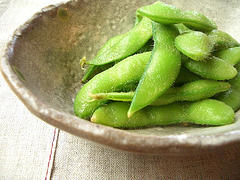
Kankan | Flickr
I greatly dislike GMO foods. I choose to buy organic foods to replace the GMO foods on this list. That includes buying organic when I think that a product might include these pseudo-foods as an ingredient. Notice the “clean” list above; corn is the second food on the list. That means they don’t have to spray pesticides because corn has been genetically engineered to have insecticides within the plant. I would definitely add corn to the “only buy organic” list.
Shopping Printable
I want to provide you with a printable resource that combines the findings of the two organizations in a Printable PDF that will help you to help your family eat healthier foods. Click on the photo below to download the PDF!
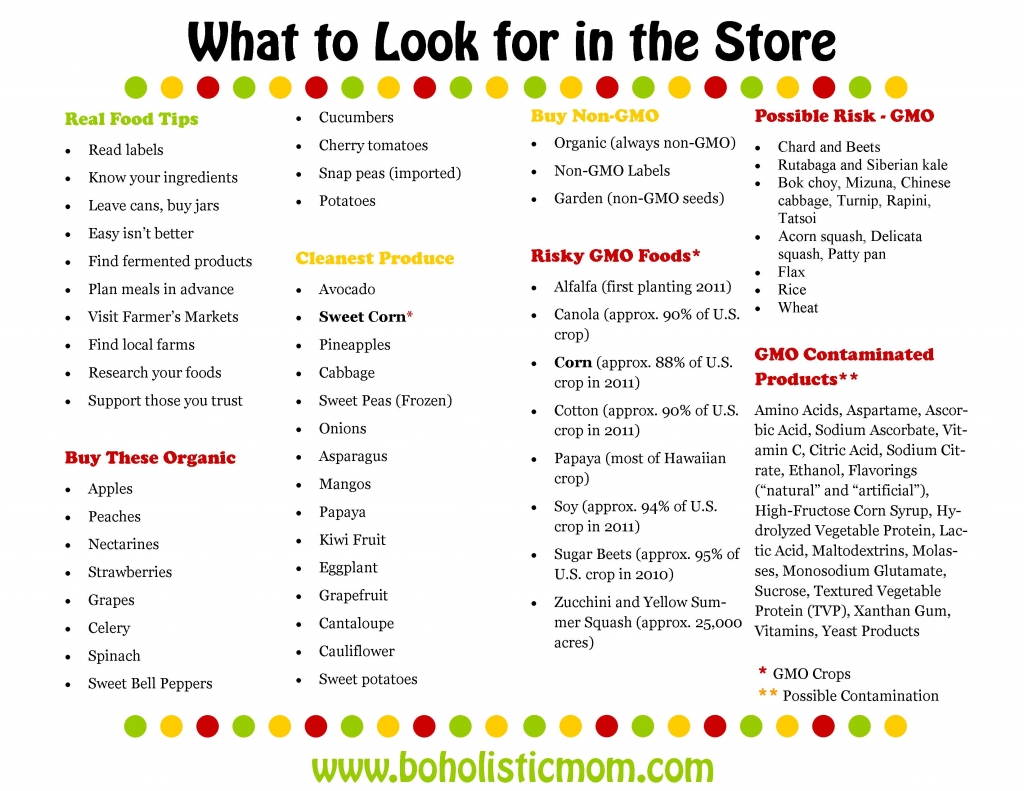
Download Here
I hope that my blog post has been informative and helpful on your real food journey. Please let me know about your journey and also let me know if you have any questions! My blog is fully for the purpose of helping mothers make informed food choices that will increase the health of their families. You matter to me!
Brooke Shambley, the Boholistic Mom
Resources
1 Merck Manuals: Hepatic Encephalopathy by Steven K. Herrine, MD
2 Non-GMO Project: Information on GMO Sweet Corn
3 Environmental Working Group: EWG’s 2015 Shopper’s Guide to Pesticides in Produce
CNN: ADHD Linked to Pesticide Exposure, 2010
Environmental Working Group: Dirty Dozen and Clean Fifteen
Environmental Working Group: All 48 Fruits and Vegetables with Pesticide Residue Data
Environmental Working Group: What is a GMO?
NBC: Pesticides in Food Linked to ADHD in Kids, 2011
Non-GMO Project: GMO Fact Sheet PDF

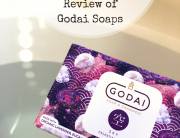


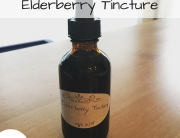

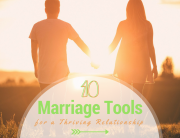
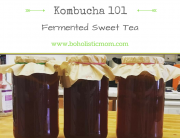


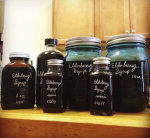
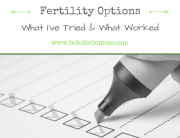
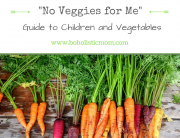
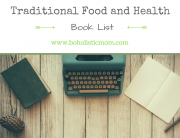
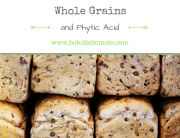

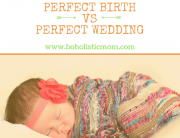


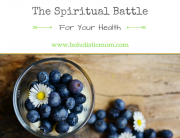
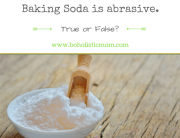




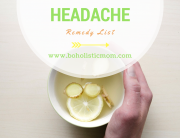
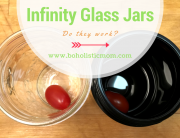


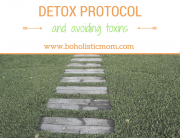
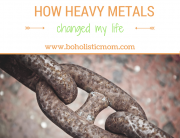

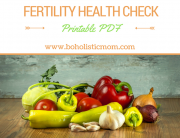
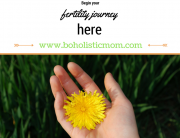
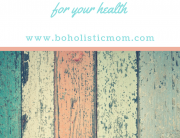


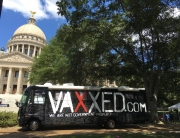


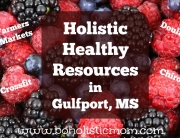


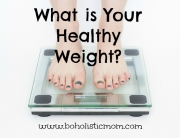



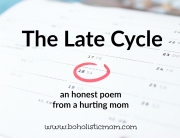
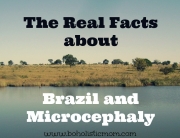

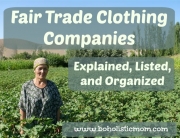
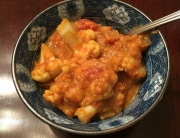


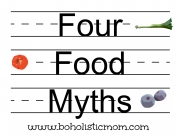
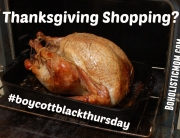
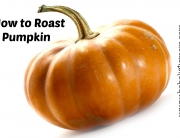







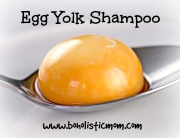

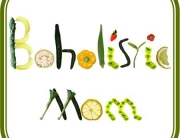
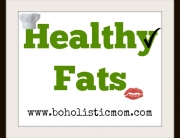
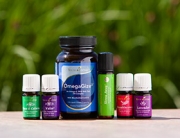

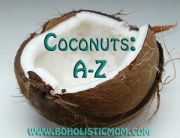



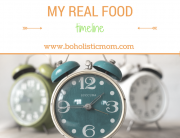

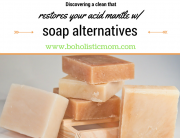
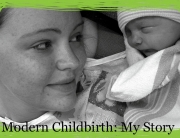



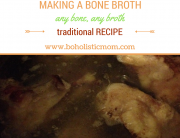
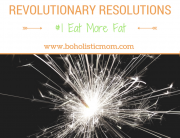


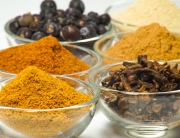
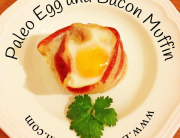
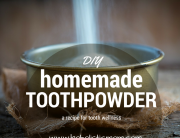
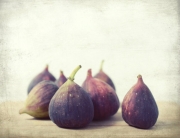
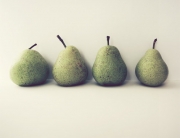
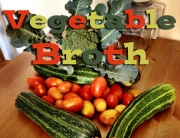

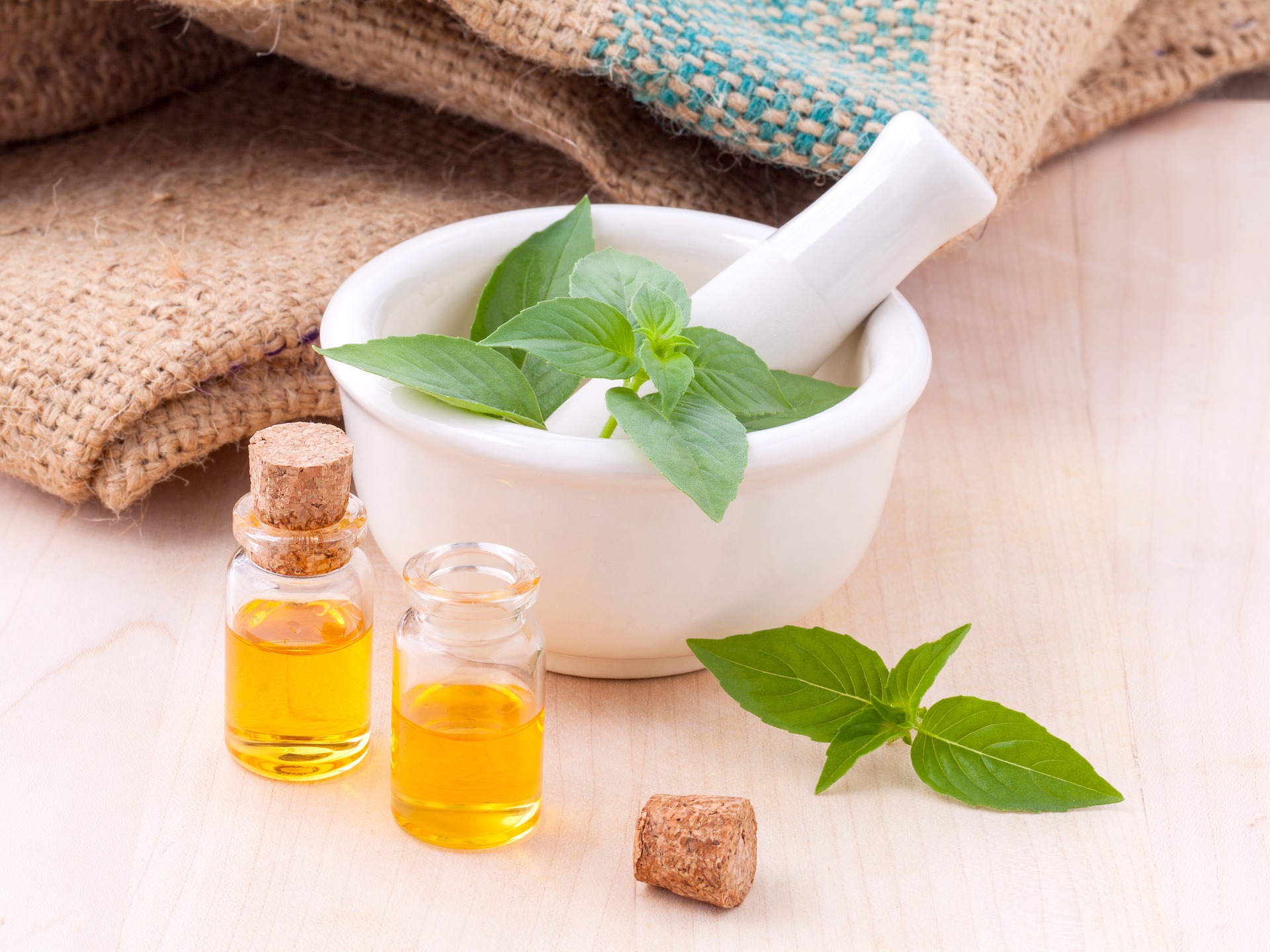










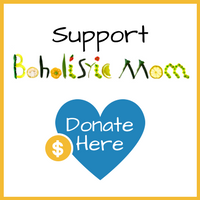
[…] Organic Foods […]
Very helpful article, Brooke. Thanks for making up that chart and letting us download it!
You are very welcome! I’m so glad you came over to visit my blog 😉